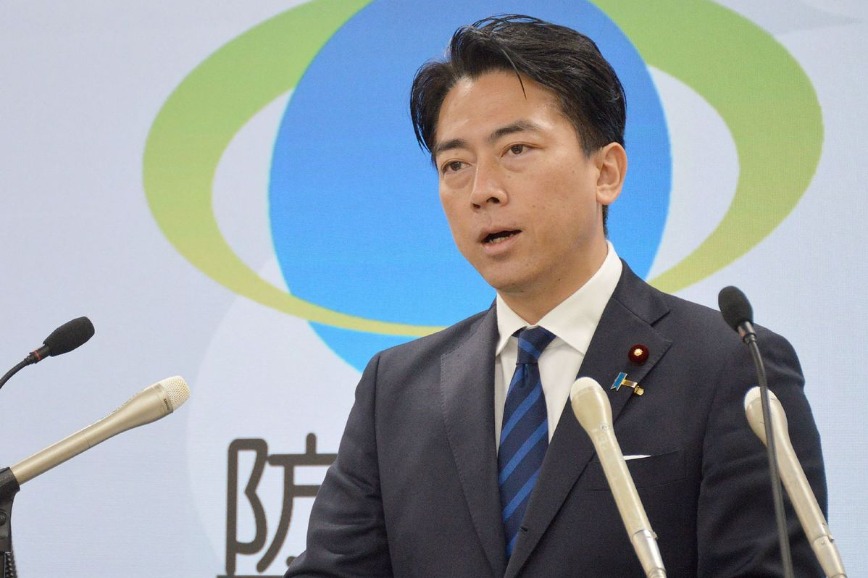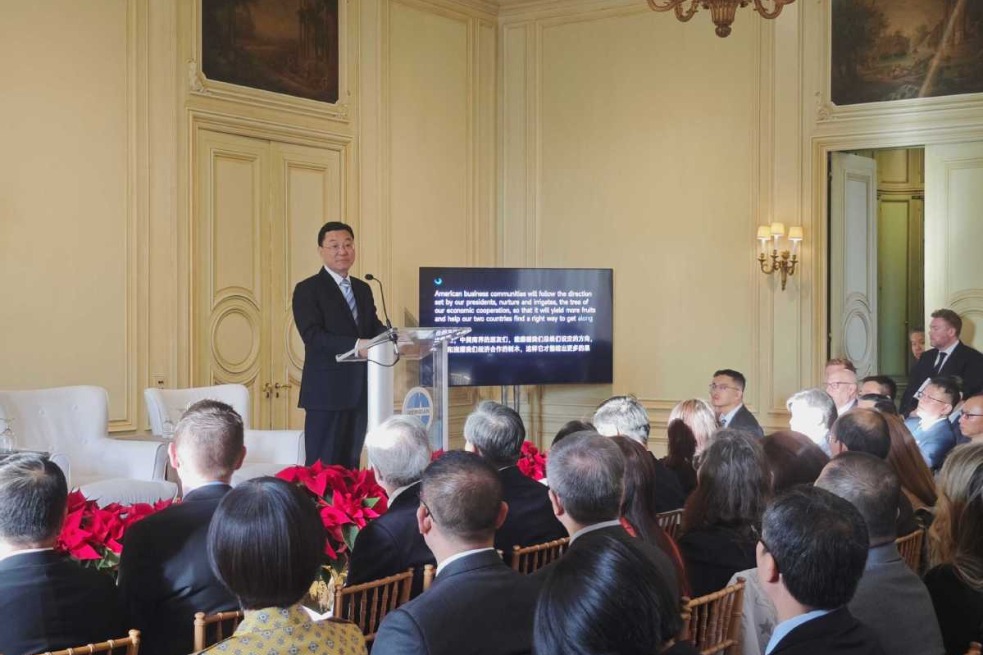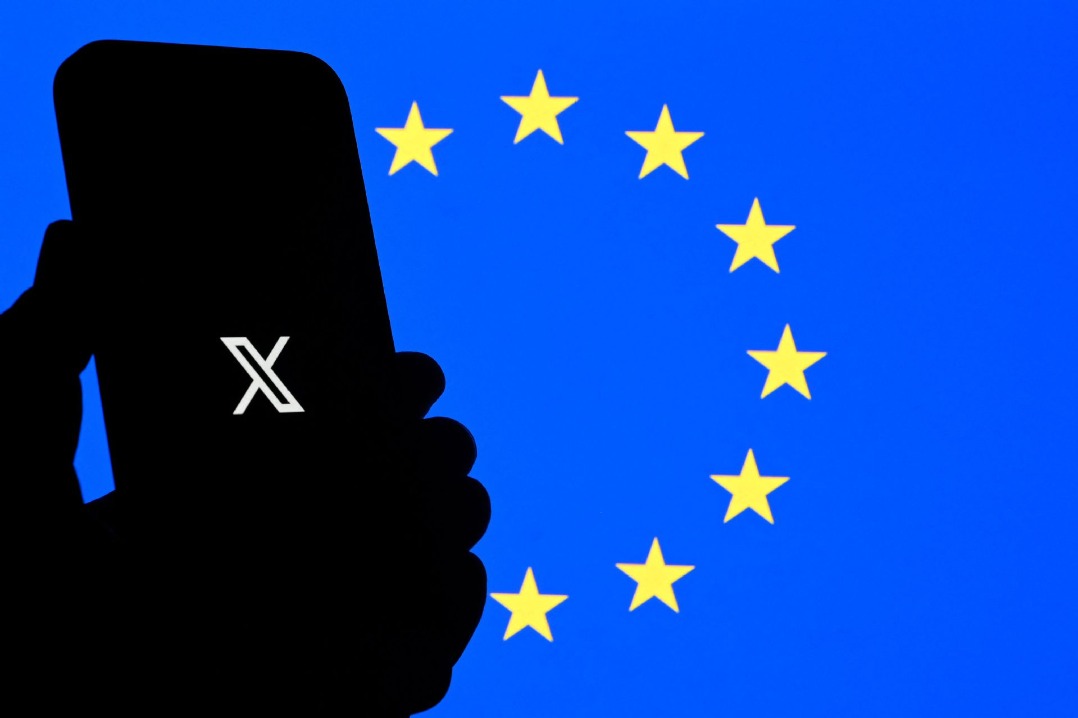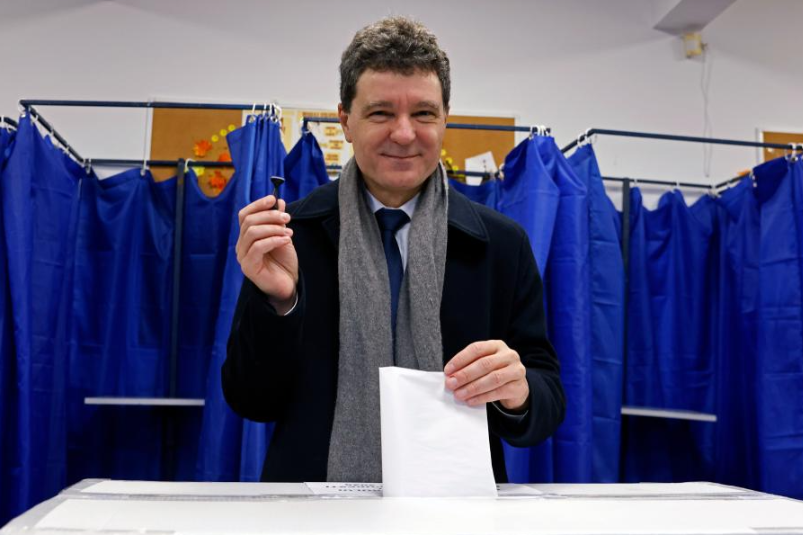Old divisions fade as issues come to fore
Climate change, migration among key topics dominating EU elections


Voters in Europe have coalesced into five competing tribes of like-minded people fighting for causes they believe in.
The five, focused on climate change, the pandemic, global economic turmoil, migration and the Russia-Ukraine conflict, will battle it out in elections for the European Union Parliament in June. The last such elections were held in 2019.
"In 2019 the central struggle was between populists, who wanted to turn their back on European integration, and mainstream parties that wanted to save the European project from Brexit and (the then US president Donald) Trump," Mark Leonard, director of the Berlin-based European Council on Foreign Relations, or ECFR, told The Guardian newspaper.
This year's election will be a contest "between competing fears of rising temperatures, immigration, inflation and military conflict".
Leonard, co-author of the ECFR report A Crisis of One's Own: the Politics of Trauma in Europe's Election Year, said the old two-way split between the political left and right is now more complex, but the five issues could end up being dominated by two: climate change and migration. And they will dominate not only the European Parliament elections in June but national and regional elections in the United Kingdom and 15 other European countries.
Ivan Krastev, of the Center for Liberal Strategies in Sofia, Bulgaria, a co-author of the report, said it highlights how Europeans are "drifting away from the ideological bonds of right and left", and toward issues. And major political parties are trying to reposition themselves, to head off challenges from single-issue parties, especially those focused on climate change and migration, he said.
Struggle of two 'tribes'
"The struggle between these two 'tribes' is … a clash of two 'extinction rebellions'," the report says. "Climate activists fear the extinction of human and other life; anti-migration activists fear the disappearance of their nations and cultural identity."
The report says voters interested in the migration issue have tended to support right-wing parties. Voters who give priority to climate change have looked toward green or left-wing parties, including the ruling Socialists in Spain and the new leftwing government in Poland.
The ECFR report, based on surveys conducted in the UK, Switzerland and nine EU member nations, says the big difference this year is that the elections will be "a battle for supremacy between the different crisis tribes of Europe".
Polling data from Europe Elects suggests the European Parliament's populist Identity and Democracy group, which includes the anti-migration parties AfD, National Rally and the Lega party in Italy, will win more seats than ever before this year, and come within touching distance of the middle-of-the-road political parties that have dominated European elections for decades.
The Eurobarometer, a series of public opinion surveys conducted for the EU, agrees there will probably be two big issues this summer, but says they will be migration and the Russia-Ukraine conflict.
Either way, with populist, right-wing parties poised to gain a lot of support because of their stances on the issues, many mainstream politicians have shifted to the right to limit the number of votes they lose.
President Emmanuel Macron of France has morphed from a centrist who tried to appeal to both left and right, to one on the right who shares ground with Marine Le Pen and her National Rally party.
During a televised news conference on Tuesday, Macron called for the return of school uniforms, a crackdown on drug gangs, a reversal of France's declining birth rate and an end to the influx of migrants.
Hugh Schofield, the BBC's Paris correspondent, said his language "certainly suggested that he had recalibrated his program to counter the growing challenge from the hard-right nationalists of Marine Le Pen".
The left-wing French newspaper Liberation said Macron looked to have opted for an "outdated, not to say conservative, vision" of France.
His shift to the right has been repeated in other European countries where mainstream parties are under pressure from right-wing parties.































